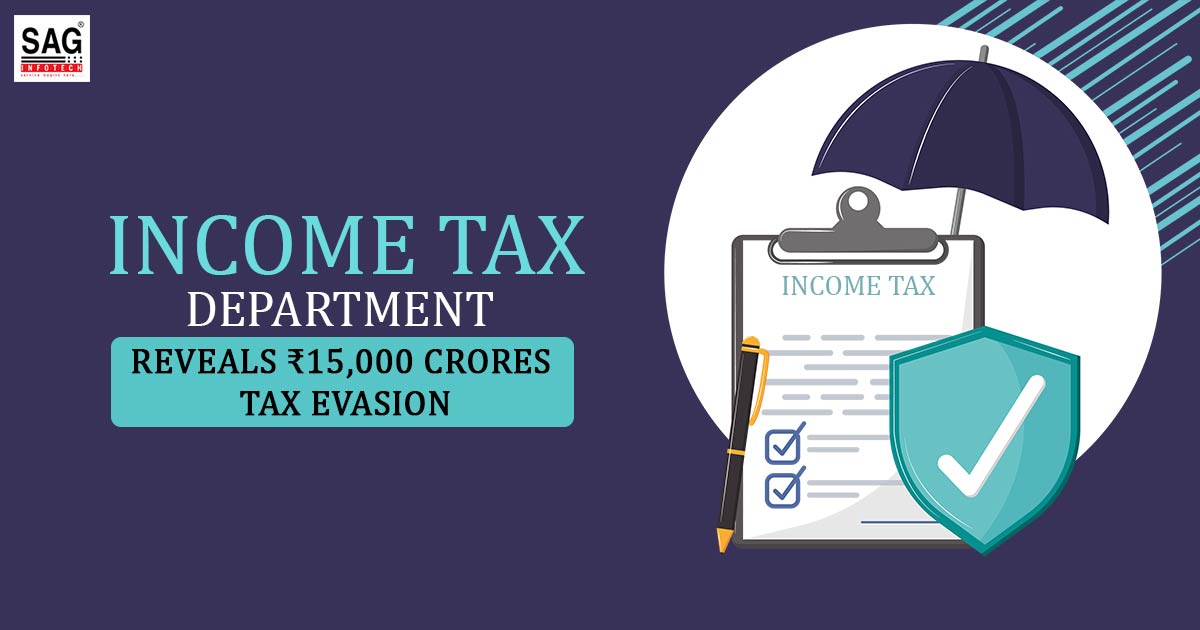
According to those with knowledge of the situation, the income tax (I-T) department has concluded its investigation into suspected irregularities in the payment of commissions by insurance companies and discovered evasion of more than Rs 15,000 crores. They estimated that the tax on this will be over Rs 4,500 crore.
The investigative wing of the department conducted the inquiry, which involved more than 25 insurers and over 250 firms used to route commissions to brokers. According to the persons quoted, the results have been forwarded to evaluating officers (AOs).
“The findings, which detail the alleged evasion, the mode of operation, and the amounts involved,” one of them added, “have been shared with assessing officers of the concerned firms and mid-level entities.” After reviewing the results, the AOs will increase the tax demand, including interest and penalties.
The Directorate General of GST Intelligence (DGGI), in addition to the IT department, looked into the insurers. The tax department was looking into possible tax evasion in breach of Insurance Regulatory and Development Authority of India (IRDAI) regulations while the DGGI was looking into them for making false input tax credit (ITC) applications.
The DGGI has sent show-cause letters to 30 companies since March to get them to pay more than Rs 4,000 crore in GST. According to sources, these companies have so far paid the GST authorities close to Rs 700 crore and are currently in the process of appealing the DGGI’s move to the adjudicating body. According to a senior government from the finance ministry would meet with business CEOs to “resolve the issue”.
The source stated that the industry believed the Directorate General of GST Intelligence (DGGI) and I-T departments’ actions were unfair and that the commission problem was a question of legal interpretation.
According to the official, the departments have convinced the ministry that there has been fraud and that these conclusions are supported by audit findings and a careful inquiry. The (industry) representatives are attempting to speak with the finance minister, not for the first time.
They have already attempted to do this twice, but the ministry has declined to step in, the person continued.
Another official said that in both situations, businesses have the choice to pursue legal action and contest these decisions before the relevant authorities and then the supreme court.
In accordance with Section 131 of the Income Tax Act, which gives the I-T department the authority to conduct investigations, call people to appear in person, and request documentation, the corporations had received notifications.
The investigation has shown that the insurers reportedly kept track of payments made to agents through companies connected to them using a list of email IDs with particular workers.
According to the person, these employees’ statements that were recorded as part of the investigation revealed that their responsibility was to make sure that the overriding commission was paid through various channels and that these transactions appeared to be genuine. These payments could be made through payroll costs or marketing and advertising expenses.









